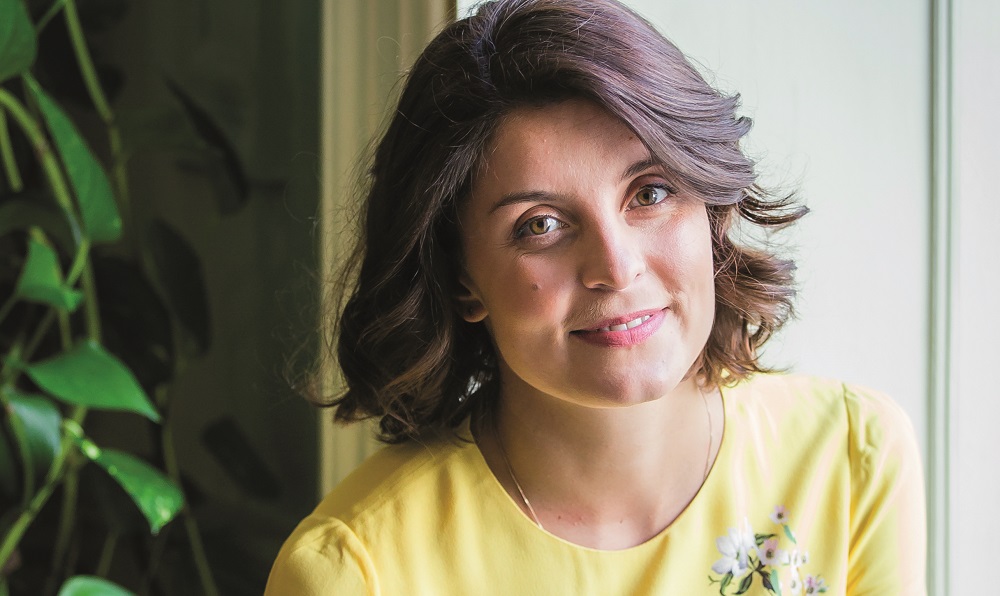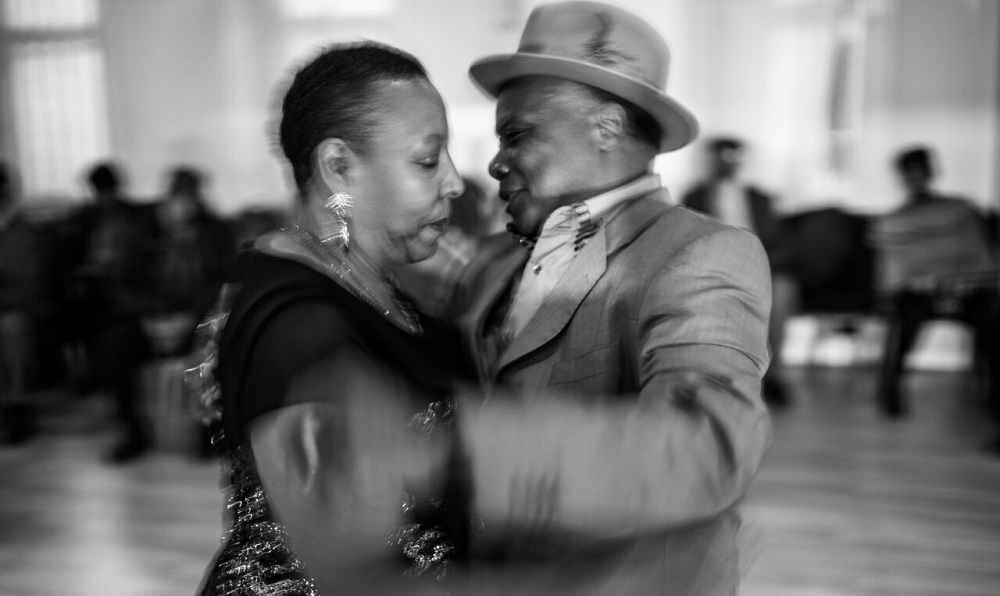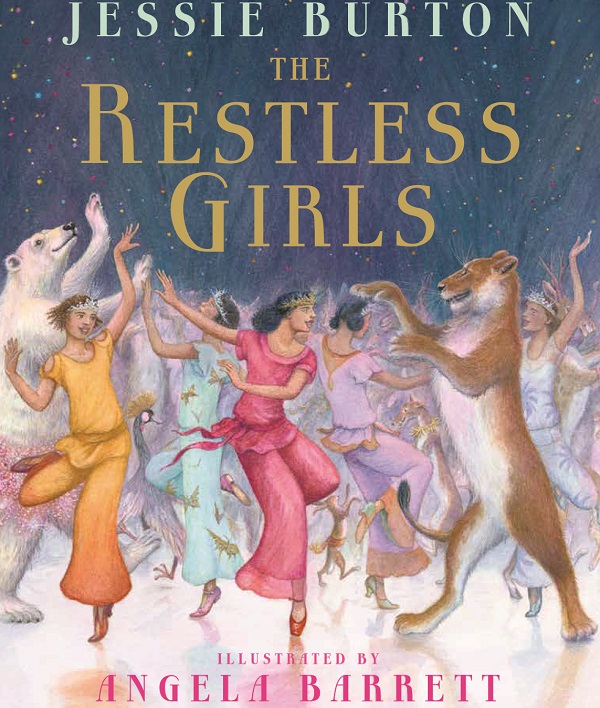
Jessie Burton goes back to school
Jessie Burton goes back to school
Jessie Burton goes back to school in Fulham and talks Windrush and strong women
Bright autumnal sunshine streams in through the classroom window where I meet critically acclaimed author, Jessie Burton. She’s come back to her old school, Lady Margaret School in Parsons Green, to chat to the students about writing, careers and her new book, The Restless Girls.
“It’s so strange. It doesn’t feel that long ago but it was 25 years this September since I joined the school in Year 7,” Jessie says. “But all the girls and their blazers – it’s just the same. I would take the tube every day from our family home in Wimbledon to school – it’s a lovely place to grow up.”
Clapham musings
Whether weaving complex narratives or creating strong female characters, Jessie’s rich and spellbinding prose has won much-deserved praise. Her debut and wildly successful novel, The Miniaturist, vividly depicted 17th-century Amsterdam, sold more than one million copies in 37 countries and was dramatised on BBC One, while Jessie’s second book, The Muse, brought the author’s deep-rooted London connections to the fore. Published in 2016 and as exquisitely detailed as her first novel, The Muse opens in 1960s Clapham where Odelle, a young, educated woman from Trinidad harbours a dream of becoming a writer.
Jessie’s parents and grandparents helped paint the vivid picture of 1960s Clapham. “My grandparents and parents were born in Battersea so I know that part of south west London really well. When I was writing that 60s scene I wanted it to be a proper south London setting rather than perhaps a more universally assumed London,” Jessie says.
This year, ahead of the 70th anniversary of the arrival of the Windrush, The Muse was selected as London’s 2018 Cityread, a celebration that aims to help Londoners explore their city through its stories. She says of writing about her home city, “If you’re a south Londoner, you just know it, it’s in you and you understand it.”
“I remember my dad telling me about when he was a little boy in Clapham and when the West Indian migrants arrived and were accommodated in the old air raid shelters under Clapham Common. He used to play cricket with the West Indian men on the common. I gained a lot from listening to my parents telling me what their lives were like then and looking at their photos. I also read very deeply around the Windrush generation.”
In The Muse, Odelle gets a job as a typist at a prestigious central London gallery and Jessie again infuses the narrative with more personal experience. “In one of my previous incarnations I was a PA in Mayfair. I literally transposed my Mayfair experience back to the 60s because those building are still very much the same today.” It was incidentally during this stint as a PA that Jessie began writing The Miniaturist on the quiet.
In The Muse, Odelle gets a job as a typist at a prestigious central London gallery and Jessie again infuses the narrative with more personal experience. “In one of my previous incarnations I was a PA in Mayfair. I literally transposed my Mayfair experience back to the 60s because those building are still very much the same today.” It was incidentally during this stint as a PA that Jessie began writing The Miniaturist on the quiet.

“I gained a lot from listening to my parents telling me what their lives were like then and looking at their photos. I also read very deeply around the Windrush generation.”
Female first
Her first foray into children’s literature, The Restless Girls is a modern retelling of the Brothers Grimm tale, The Twelve Dancing Princesses. “I think the desire to write a children’s book is a closely held dream for quite a lot of writers. In fairy tales, girls’ roles have often been problematic. Girls are usually passive or even mute and they typically don’t have names or attributes. I wanted to retain all the magic and escapism of a fairy tale but also show that girls have agency, and don’t need to be rescued or wait for the prince to rescue them,” Jessie explains.
The girls in my book have hobbies and dreams and ambitions and they use their skills to develop their story i.e. develop their life. I want children to understand that they can rewrite these stories for themselves,” she enthuses. “Boys don’t have to be brave princes, either. I think it’s really important that young boys understand that there are other roles that they can play as well.”
Jessie’s adept talent for turning stereotypes on their head courses through her work for adults and younger readers alike. “It was never a deliberate decision nor a political one. I think I write strong women because I feel that’s what women are,” she explains.

Local connections
Jessie grew up in Wimbledon and now lives in Forest Hill. “We lived just outside Wimbledon town centre and would always go to the common – I had a job in Wimbledon Village in a little shop that sold candles and trinkets for, you know, £85,” she laughs.
“My parents are still in Wimbledon and I love going on the common for a good old ramble. Every Christmas Day we go to the Hand in Hand pub, it’s one of our family traditions.”
Tracing the hallways of Lady Margaret School, she recalls her childhood and says that when writing The Restless Girls, she tried to imagine the world she would have wanted to read about aged eight or nine. “When you’re an adult you read a book and then often put it aside. But when children read stories that they like or enjoy they kind of absorb them into their existence. When I was a child, if there was a book I loved I would read it again and again and I would try and sort of inhabit the world. So to be able to do that and particularly with all the magic of a fairy tale is such a privilege.”






